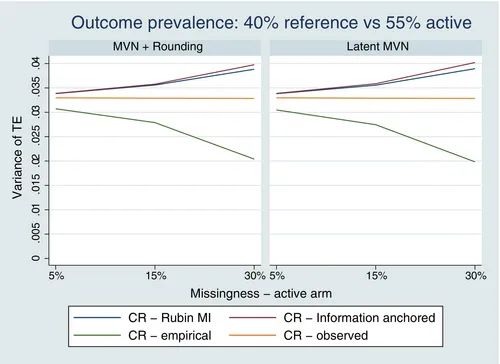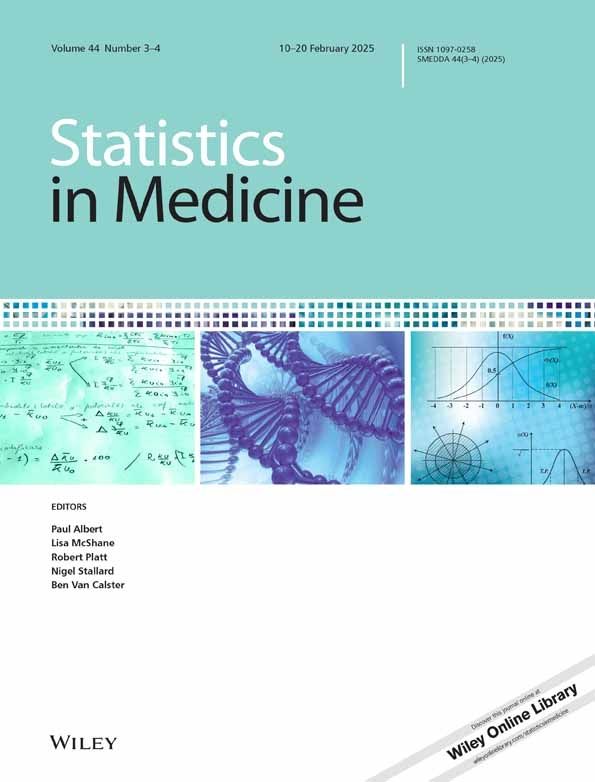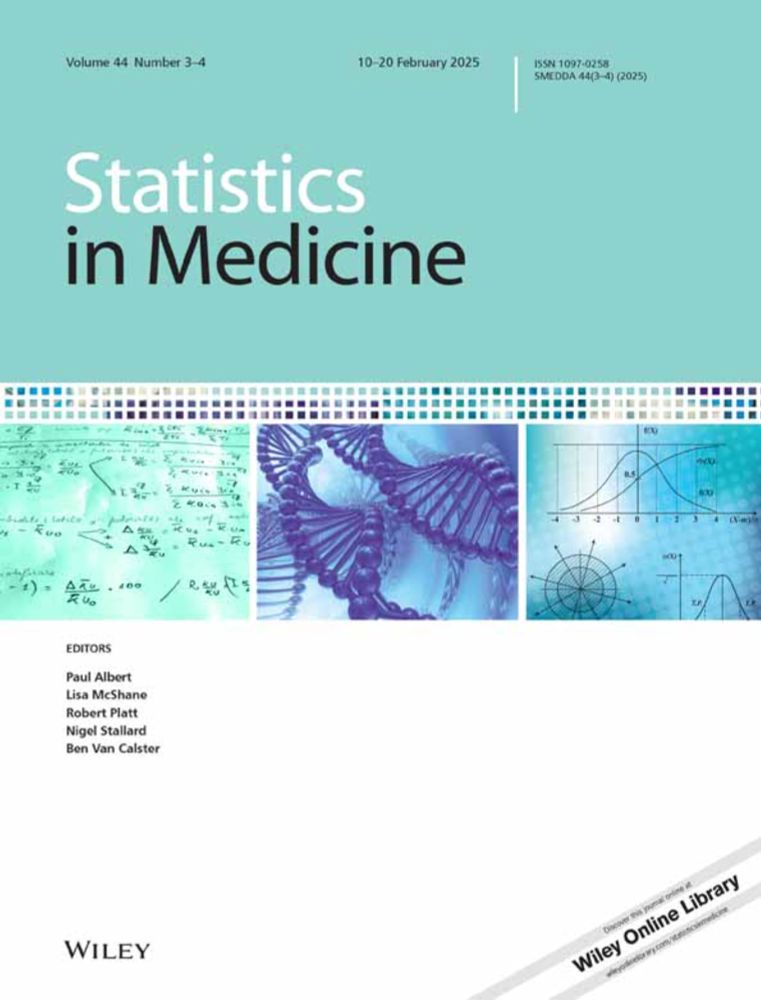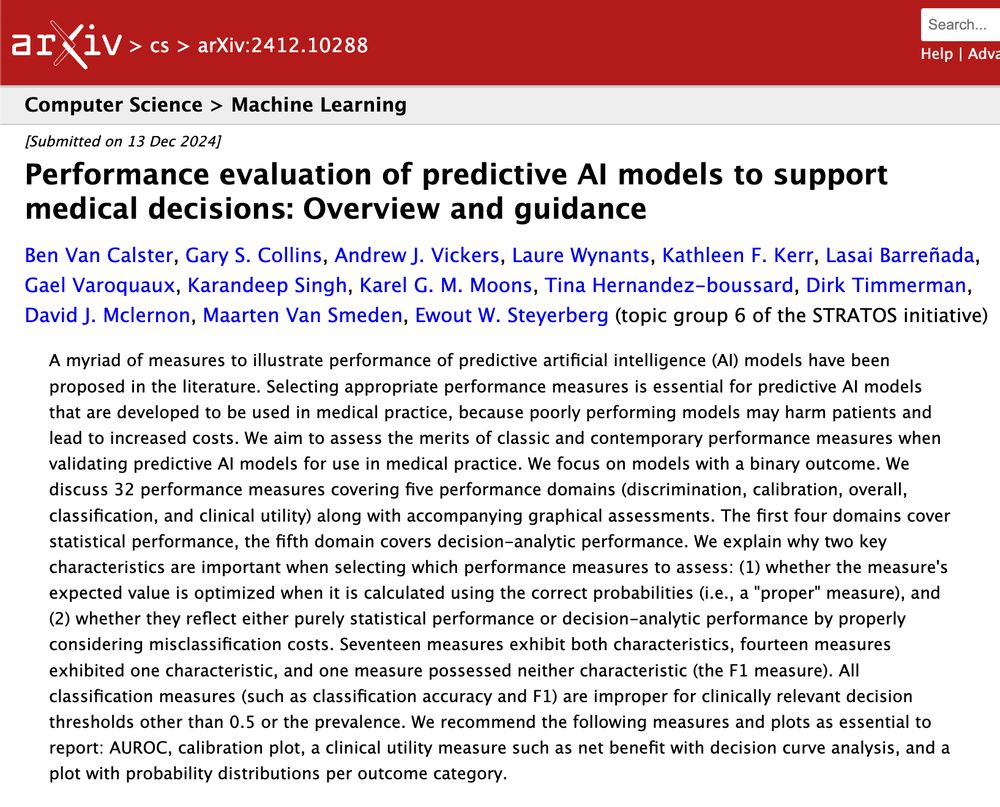Today, we’re spotlighting Matteo Quartagno (@matteoq21.bsky.social), Principal Research Fellow, who’s advancing the field with innovative trial designs as part of our #Methodology research.
Here’s what Matteo is #ProudestOf from his work at the Unit 👇

Today, we’re spotlighting Matteo Quartagno (@matteoq21.bsky.social), Principal Research Fellow, who’s advancing the field with innovative trial designs as part of our #Methodology research.
Here’s what Matteo is #ProudestOf from his work at the Unit 👇
bmcmedresmethodol.biomedcentral.com/articles/10....
In this we confirm empirically some theoretical results about using different summary measures in non-inferiority trials with survival outcomes. tldr: RMST beats HR.

bmcmedresmethodol.biomedcentral.com/articles/10....
In this we confirm empirically some theoretical results about using different summary measures in non-inferiority trials with survival outcomes. tldr: RMST beats HR.
www.ucl.ac.uk/clinical-tri...

Read now👇
https://buff.ly/4jJtGOW
@matteoq21.bsky.social @suziecro.bsky.social

Read now👇
https://buff.ly/4jJtGOW
@matteoq21.bsky.social @suziecro.bsky.social
onlinelibrary.wiley.com/doi/10.1002/...

onlinelibrary.wiley.com/doi/10.1002/...
@suziecro.bsky.social with @matteoq21.bsky.social Ian White & James Carpenter onlinelibrary.wiley.com/doi/10.1002/...

@suziecro.bsky.social with @matteoq21.bsky.social Ian White & James Carpenter onlinelibrary.wiley.com/doi/10.1002/...
To get it:
. net from raw.githubusercontent.com/tpmorris/kmu...
User feedback welcome!
1/

To get it:
. net from raw.githubusercontent.com/tpmorris/kmu...
User feedback welcome!
1/
Congratulations Ian! 🎉 Read more about the award 👉 https://buff.ly/3BGCUKU

Congratulations Ian! 🎉 Read more about the award 👉 https://buff.ly/3BGCUKU
A detailed overview of 32 popular predictive performance metrics for prediction models
arxiv.org/abs/2412.10288

A detailed overview of 32 popular predictive performance metrics for prediction models
arxiv.org/abs/2412.10288
trialsjournal.biomedcentral.com/articles/10....

trialsjournal.biomedcentral.com/articles/10....
1) 42% (fail)
2) 45% (fail)
3) 72% (pass)
Unsure whether to be happy or worried about it.
Now the plan is to praise it for the wrong answers to train it to lead students astray if they use it.
1) 42% (fail)
2) 45% (fail)
3) 72% (pass)
Unsure whether to be happy or worried about it.
Now the plan is to praise it for the wrong answers to train it to lead students astray if they use it.
www.ucl.ac.uk/clinical-tri...

www.ucl.ac.uk/clinical-tri...

Find out how ROCI trials can help researchers avoid choosing arbitrary treatment options 👇 https://buff.ly/3OhgGll

Find out how ROCI trials can help researchers avoid choosing arbitrary treatment options 👇 https://buff.ly/3OhgGll
Reviewer 1: You should have focused more on A!
Rev. 2: You should have focused less on A!
Rev. 3: I don't like A. Why didn't you apply for a project on B?
Decision letter: we won't give you feedback, figure out by yourself why we're rejecting.
Reviewer 1: You should have focused more on A!
Rev. 2: You should have focused less on A!
Rev. 3: I don't like A. Why didn't you apply for a project on B?
Decision letter: we won't give you feedback, figure out by yourself why we're rejecting.

This is a Mersenne prime, which is a Mersenne number that is also prime. A Mersenne number is of the form
M_n = 2^n-1.
Most of these are not prime. To be prime, n must itself be a prime, but that's not sufficient.
🧪 #🧮



